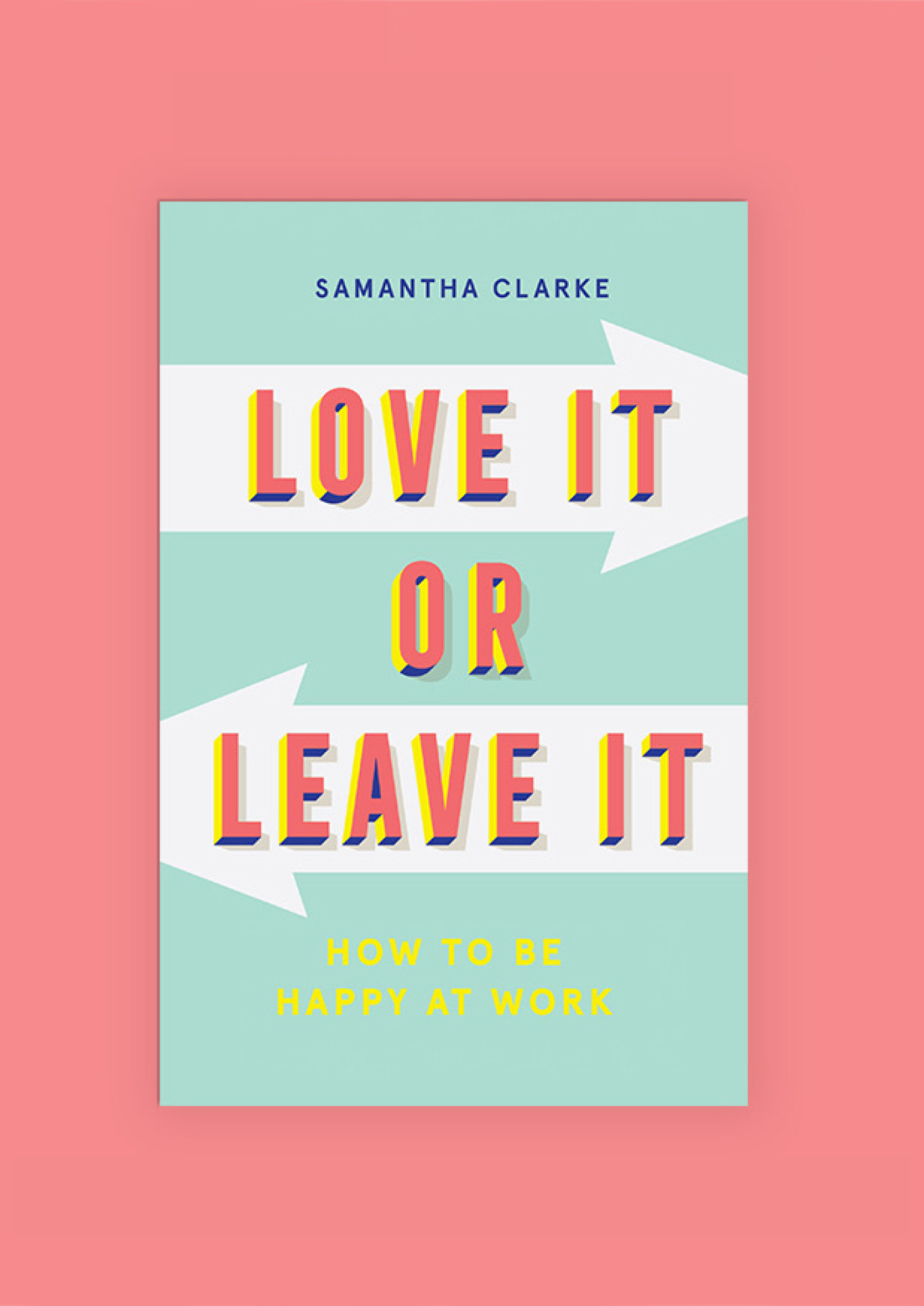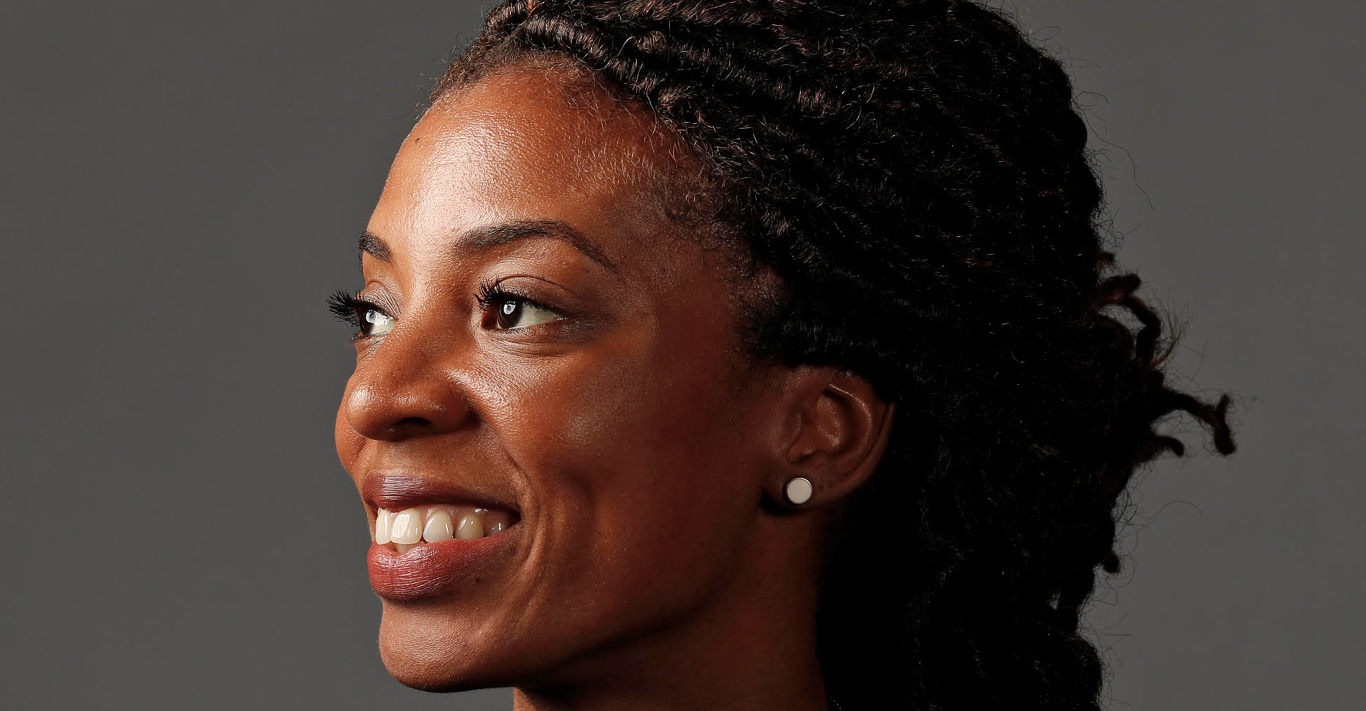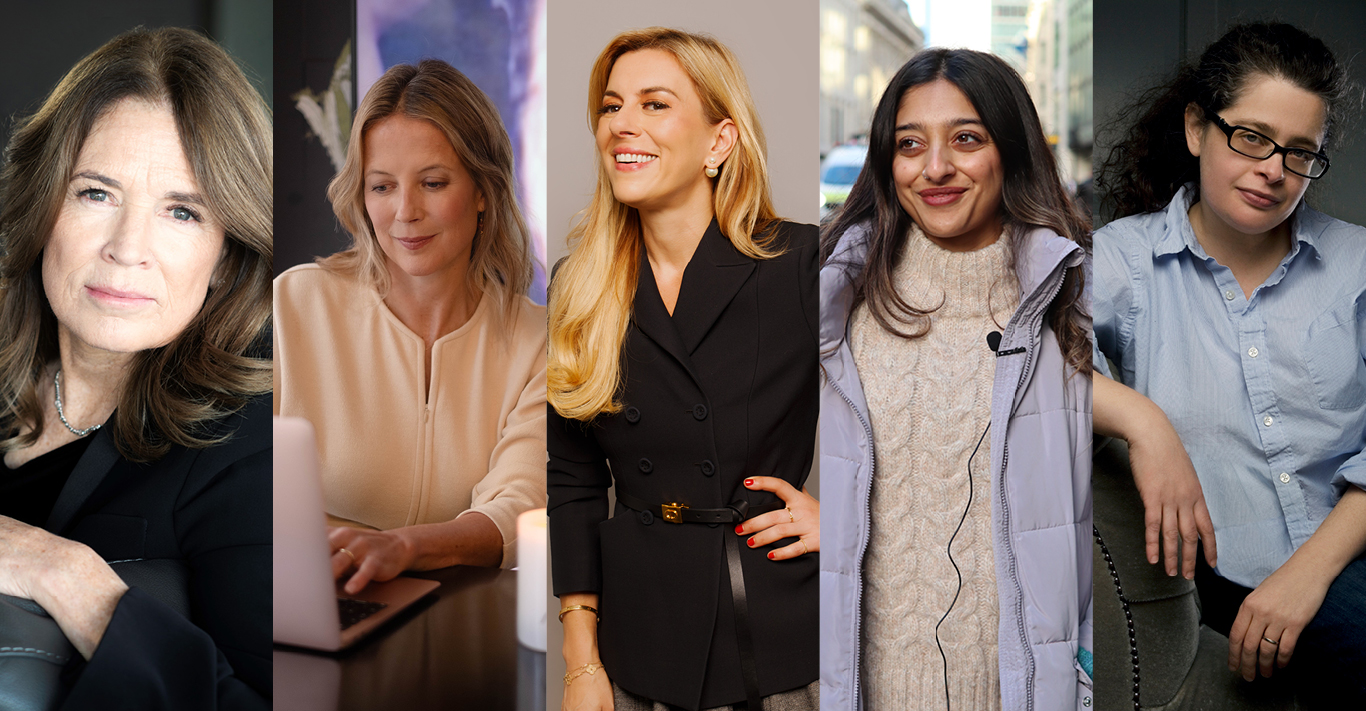Being a happiness consultant means that I work with companies, helping them to create better conversations around personal growth, wellbeing and employee happiness. For me, it is important that when you are working in a company; you are feeling that meaningful and purposeful interaction with your work and your employees.
The way we work with brands and companies is that essentially, we do a ‘love it or leave it’ health check. We get them to really tell us what’s going on in the company: Where are the pains? What are the kinds of things they would like to improve on? What are the issues they are seeing? We take them through a process of identifying where they sit across our four Happiness Pillars: communicate and connect; work and life; digital and mindful; and head and heart.
‘Head and heart’ looks at how employees bounce back from adversity, are able to be resilient and handle difficult conversations. ‘Communication and connection’ is about where there are blocks around communication between managers and employees: looking at the processes that might impact the company from flourishing and having deep and meaningful conversations.

‘Work and life’ looks at the actual processes the company has – what are the things they could implement to make the workplace happier and how do they navigate employees’ wellbeing, in and outside of work.
And finally, ‘digital and mindfulness’ focuses on navigating the negative impact of technology in the office environment and looking at what preventative methods the business is putting in place to help people combat being overwhelmed and frustrated. But also, what practices and mindfulness programmes companies create to help people feel better at work.
Once we have gone through this diagnostic, we then outline a programme of support. To start with it might be a kick-off workshop with their managers on how to supercharge their career and work wellbeing conversations with employees. In the middle, we look at how to create a strategic roadmap for managers to really think about templates that they can use to have better conversations, how they can improve group dynamics, and ways to supercharge their team performance. At a more in-depth level, we look at sustaining momentum including providing an app for the company to use internally with their employees, and also providing monthly consulting, webinars and training on our core themes.
Our client base is very diverse. When you go to work, you want to fundamentally feel like this is a place for growth, a place where you can flourish. These issues take place regardless of what industry you’re in. Each company must understand how to empower leaders with the right skills to talk about the important things, and encourage employees to be proactive about what they need to flourish – opening conversation up at both ends.
Our core specialism is taking companies through periods of transition, whether it be the pains of scaling up quickly where the culture is evolving; or companies that are downsizing and need help communicating with staff and maintaining their wellbeing; and we also look after companies that are merging and advise on how to combine their company cultures.
There is a lot to learn from all generations of people in work. There has been a lot of scaremongering that millennials don’t want to do this or Gen Y don’t want to be like that, but I think there is so much that could be learnt from cross-mentoring, from the older generation learning from the younger; from the younger generation taking the wisdom and knowledge that people have had from working in the industry a long time. I believe that we are going to see more disruptive inter-generational teams within companies that include a mixture of age ranges, but also include AI and robots.
I work with a lot of people in the City, in banking and law, who are frustrated with the system they are in not changing and that even though they are doing their best, the system they are in is broken. And in that situation our work is to help them maintain their resilience and articulate better what they need: finding ways to fall in love with their work. My book Love It Or Leave It covers a lot of this thinking. I don’t think that we need to quit our jobs and I am not about making everybody an entrepreneur. To the lawyers who love what they do but are tired of the way working patterns haven’t changed, I ask them how can you fall in love with this situation? What would you do to look after your resilience? What would you do to look after your health and your mental state? How do you tell your employer when you are over-stretched, and how can you proactively look for some of the programmes that your company do offer? And if it is not right for you, how do you pivot?
Make a change into what it is that you do want to do. And, don’t be fearful of that either. It might be that you are still doing a combination of both – you can have a portfolio of your career, but you can still be doing your work three or four days a week experimenting in something else. Or whatever your version of success looks like for you.
If companies don’t consider happiness as being important, they risk losing their edge in their employees not being able to give their best self to their work. Your customers would suffer; your bottom line would suffer, and no one is going to be interested in referring your company as a place to work. There is so much transparency now, people can look on Glassdoor, and see what your company is like. It is up to you to think what can I do to make this a great place, so people want to stay and show up and be amazing.
From an individual perspective, you owe it to yourself to give what you can to your job, but also really think about who you are in the process; who you’re becoming; and whether you’re overstretching yourself. We only get one life and if you are in a job that isn’t stimulating you, and helping you to be the person you want to become, then why are you staying? Life is too short. You don’t have to do the drastic thing like leaving, but you have to really start asking yourself deeper questions.
Samantha Clarke is the author of the book Love It Or Leave It: How To Be Happy At Work, out March 2020 and available to pre-order now. She is also the founder of the Love It Leave It Partnership. Find out more about her at samanthaand.co





